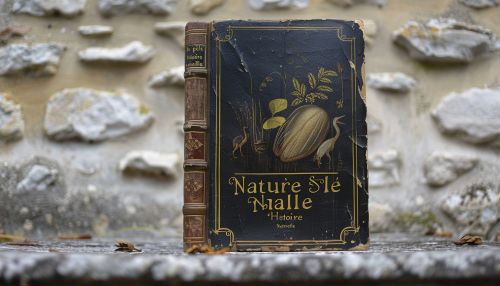Georges-Louis Leclerc, Comte de Buffon
Early Life
Georges-Louis Leclerc was born on September 7, 1707, in Montbard, Burgundy, France. His father, Benjamin Leclerc, was a state official in Burgundy, and his mother was Anne-Christine Marlin, from a family of civil servants. Georges-Louis was the oldest of five children. He was initially educated at home by his mother and later attended the Jesuit College of Godrans in Dijon.
Education and Early Career
In 1723, Leclerc moved to Angers to study law. However, he developed a strong interest in botany and changed his focus to natural history. He returned to Dijon in 1726 to continue his studies in the natural sciences. During this time, he also began to develop his ideas on the nature of species and the process of evolution.
Comte de Buffon
In 1732, Leclerc's mother arranged for him to marry Marie-Françoise de Saint-Belin-Malain, the daughter of a wealthy local magistrate. The marriage brought him the title of Comte de Buffon. The couple had one son, but the marriage was not a happy one, and they separated in 1742.
Contributions to Natural History
In 1739, Buffon was appointed the keeper of the King's Garden, a position that allowed him to pursue his interest in natural history. He began a comprehensive study of nature, which he planned to cover in a series of volumes. This work, eventually titled "Histoire Naturelle," was published in 36 volumes from 1749 to 1788.


Buffon's "Histoire Naturelle" was a monumental work that covered everything from the history of the earth to the classification of animals. It was the first attempt to present a unified picture of natural history, and it laid the groundwork for the modern field of biology.
Theory of Evolution
Buffon was one of the first scientists to propose a theory of evolution. He suggested that species change over time and that they are shaped by their environment. This was a radical idea at the time, and it was not widely accepted until the publication of Darwin's "On the Origin of Species" more than a century later.
Later Life and Death
Buffon continued to work on his "Histoire Naturelle" until his death in 1788. He was buried in the church of Sainte-Urse in Montbard. His work had a profound impact on the field of natural history and influenced generations of scientists.
Legacy
Buffon's work laid the foundation for the modern field of biology. His ideas about evolution were ahead of his time, and his "Histoire Naturelle" remains a landmark in the history of science. He is remembered as one of the greatest naturalists of the 18th century.
